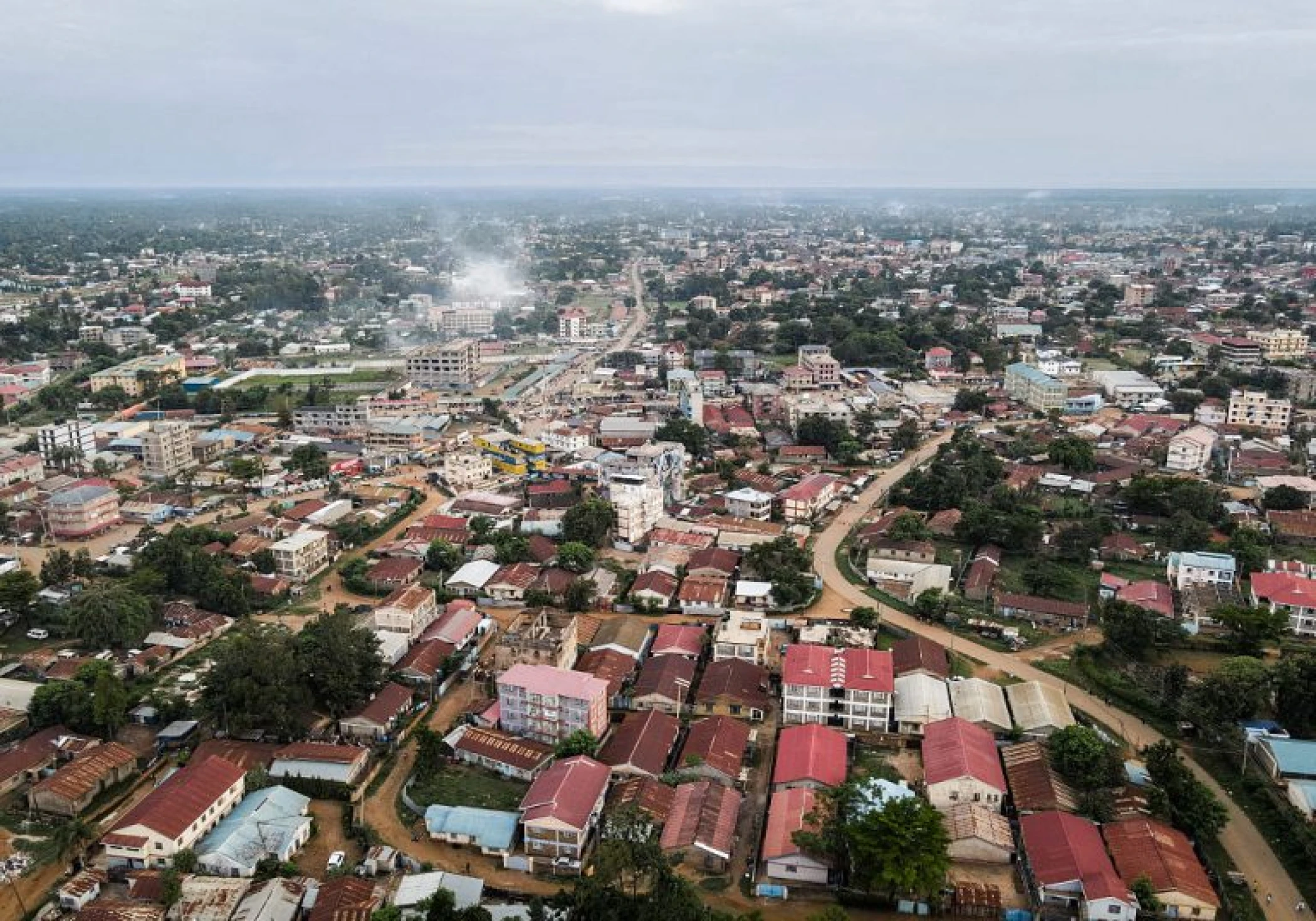
A new study warns that significant cuts to USAID funding could result in over 14 million preventable deaths worldwide by 2030.
The research, published by global health experts, highlights the devastating impact that reduced U.S. foreign aid could have on global healthcare systems, especially in low- and middle-income countries. The findings indicate that programs targeting HIV, malaria, maternal health, and child mortality will be among the hardest hit, potentially reversing decades of progress.
The study models the potential human cost of defunding or downsizing essential USAID-supported initiatives and concludes that the world may witness a dramatic surge in avoidable deaths if current trends continue. Experts say the loss of this support could cripple health infrastructure in vulnerable regions and jeopardize efforts to combat deadly diseases.
Researchers emphasized that the projected toll is not merely statistical but represents real lives—millions of children, mothers, and at-risk populations who depend on U.S. assistance for life-saving treatments and healthcare services. The report calls for urgent action from policymakers, NGOs, and international bodies to safeguard these critical health programs from financial disruption.
The authors also point out that beyond the health implications, the cuts could have geopolitical consequences, weakening America’s global influence and increasing instability in fragile states. The paper urges lawmakers to reconsider the broader consequences of funding reductions in globa
l aid.












